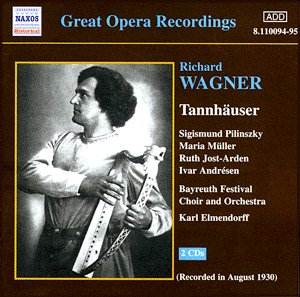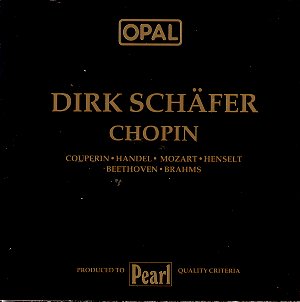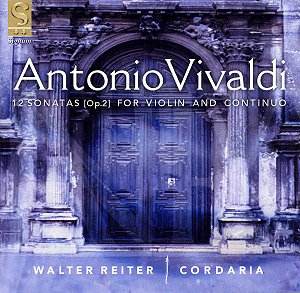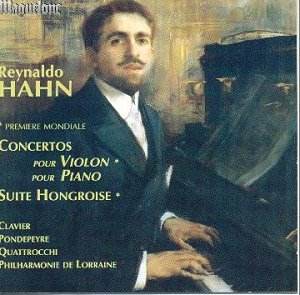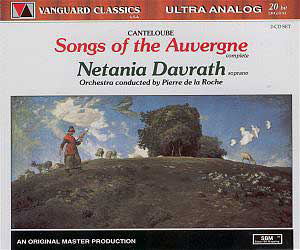 Composer: Joseph Canteloube
Composer: Joseph Canteloube
Works: Songs of the Auvergne – series 1-5, New Songs of the Auvergne (orch. Gershon Kingsley)
Performers: Netania Davrath (soprano), orchestra conducted by Pierre de la Roche (Songs), Gershon Kingsley (New Songs)
Recording: Late 1950s/early 1960s, VANGUARD CLASSICS SVC-38/39
Label: Vanguard
Joseph Canteloube, a pivotal figure in early 20th-century French music, is best known for his evocative settings of folk songs from his native Auvergne. The “Songs of the Auvergne” encapsulate the pastoral essence of the region, interwoven with Canteloube’s rich orchestrations that breathe life into the rural melodies. This recording, featuring soprano Netania Davrath under the baton of Pierre de la Roche, offers a compelling journey through these musical landscapes that resonate with the charm and simplicity of the French countryside.
Davrath’s performance is characterized by a lambent quality, capturing the innocence and vibrancy inherent in these folk tunes. Her voice, bright yet pliable, navigates the lyrical contours of the melodies with ease. Notably, the interpretation of “Baïlèro” stands out; Davrath imbues this piece with a buoyant spirit, effectively contrasting the haunting melancholy that often permeates these songs. The orchestral accompaniment, under de la Roche’s direction, is equally commendable. The strings provide a lush backdrop that complements Davrath’s voice without overpowering it, creating a delicate balance that enhances the lyrical beauty of the songs.
Recording quality plays a crucial role in the listener’s experience, and this Vanguard release, originally captured in the late 1950s, exhibits admirable clarity and warmth despite its age. The engineering effectively conveys the spatial dimensions of the orchestral arrangement, allowing the listener to appreciate the intricate interplay between voice and instrumental color. While some may argue that modern recordings offer greater sonic fidelity, this particular release resonates with a certain nostalgic charm that aligns seamlessly with the rustic essence of Canteloube’s work.
In terms of comparison, few recordings capture the spirit of these songs quite like this one. While contemporary versions often lean towards a more polished presentation, Davrath’s interpretation retains a raw, emotional authenticity reminiscent of folkloric performances. The inclusion of Gershon Kingsley’s orchestrations for the “New Songs of the Auvergne” adds an intriguing layer to this collection. Kingsley’s arrangements enhance the thematic elements of Canteloube’s originals, yet they risk overshadowing the simplicity that defines the folk idiom. Nevertheless, Davrath’s vocal artistry bridges these interpretations, ensuring each song resonates with emotional depth.
The synthesis of historical context, performance artistry, and thoughtful engineering culminates in a recording that not only honors Canteloube’s legacy but also invites new audiences into the heart of Auvergne’s musical tradition. This release stands as a testament to the power of folk-inspired art song, showcasing how the echoes of the past can remain vibrantly alive through masterful interpretation and meticulous production. The recording is essential listening for those wishing to explore the intersection of folk music and classical sensibilities, presenting a vivid auditory tapestry that captures the spirit of the Auvergne in all its pastoral glory.
